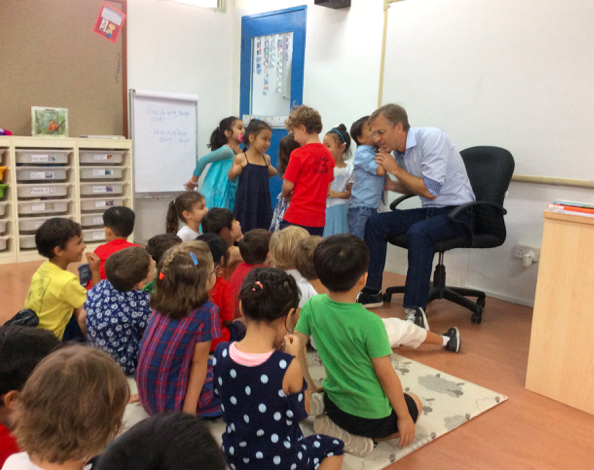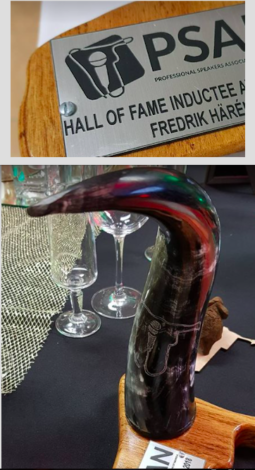
Last Monday I got an email from a contact introducing me to another person, whom I have had no previous contact, saying: “This company is looking for a speaker on innovation for their convention in Bali on Saturday, could you do it?”
I reply the same day saying that I could be in Bali that day.
On Tuesday I get a reply asking for my fee.
On Thursday they confirm the booking. I tell me wife I will be gone 2 days starting tomorrow.
On Friday I fly to Bali and arrive at 5 pm. I go down to the beach where the client is having a networking event and we sit down in the bar and he begins to brief me on the company, the industry and the theme of the convention. As the sun sets over Bali I learn about the speech I am going to give.
I go back to my hotel room and do my slides.
On Saturday morning I go on stage and give my speech.
That means that less than 120 hours before I stood on stage I did not even know I was going to be on stage in Bali on Saturday.
Is this a normal set-up for a keynote speaker?
No.
But it is clearly so that the time between when a speaker gets booked and when the speech happens has become shorter and shorter.
(I did two other speeches last week: One in KL for a retail client and one in HK for a wealth management bank. The one in KL was booked less than 3 months ago. The one in HK less than 2 months ago…)
It is important for speakers to understand that as the world changes faster and faster and topics for conventions are decided last minute, speakers need to prepare for a world where they might not know where they will be speaking – or for who – until just a few weeks before.
If you want a life as a professional global speaker you need to be ready to fly out on short notice. Have you build your life around being able to do that? Personally I love this aspect of not fully knowing where life will take me. For me this week it meant that I ended up on a beach in Bali just two days after getting the confirmation.

